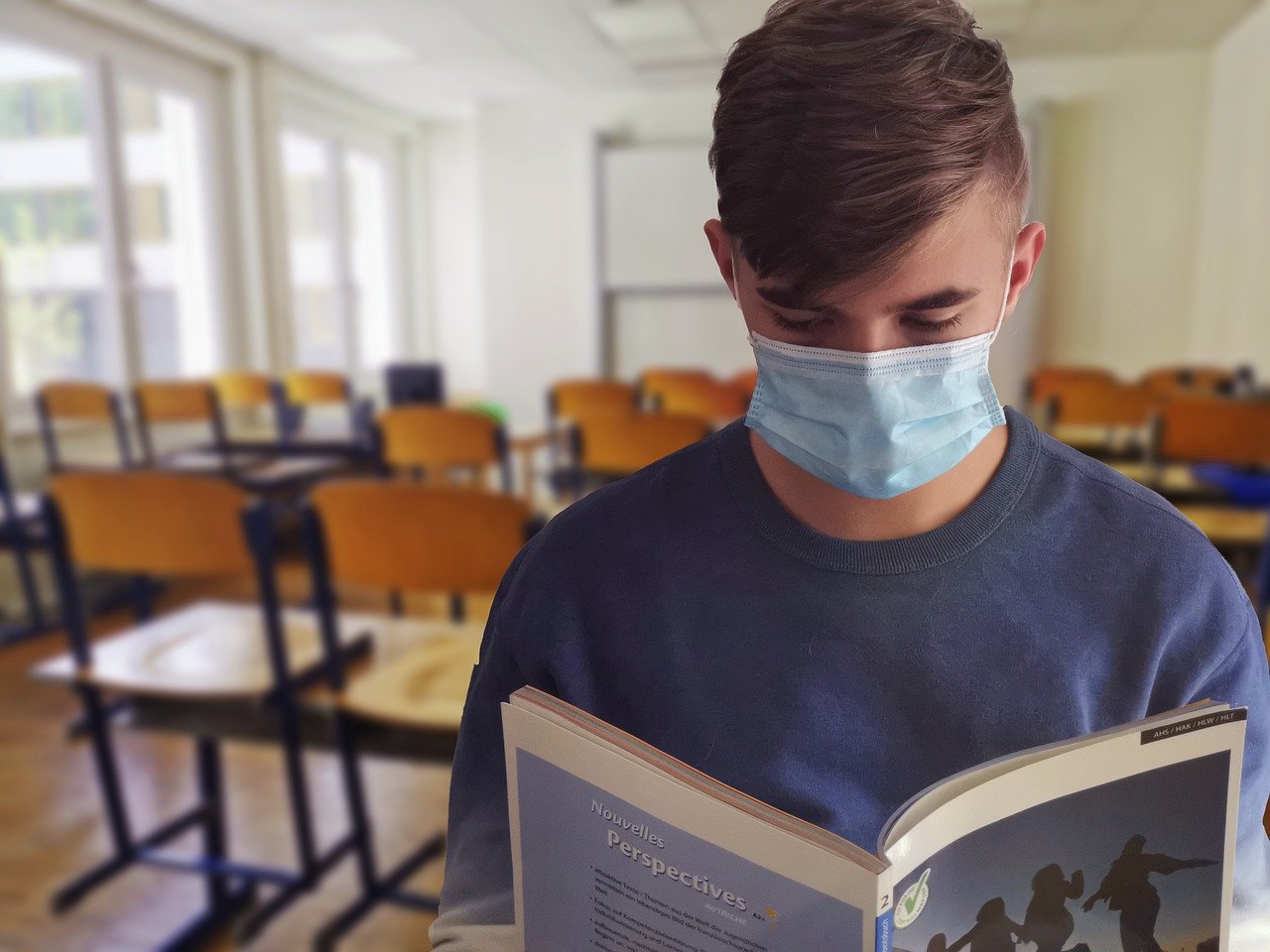By Michelle Delaney, South Lake Tablet
Covid Cases, hospitalizations, and deaths are rising nationwide, with the biggest increases in states lagging in vaccinations.
When COVID vaccines became available in the United States, the Center for Disease Control (CDC) advised the public that mass vaccinations would result in herd immunity and lessen the chance of a virus variant breakthrough. Many people failed to heed the warning and, as a result, only 50.5% of the population is fully vaccinated. New cases average 102,000 a day, (up 119% change in the past 14 days) and death 439 (up 74%).
The Delta variant is highly contagious, nearly twice as contagious as previous variants, and presently, the predominant variant in the United States. CDC officials report that 93 percent of confirmed COVID-19 cases in the United States are due to the DELTA variant. The CDC also warns that fully vaccinated people may be as contagious as unvaccinated people, even if they have no symptoms.
CDC notes that all 50 states have reported increases in COVID-19 cases but Florida ranked #1, having the newest cases in the past 7 days.
Hospitalizations increased by 40.0% from the prior 7-day average and deaths have increased 34.8% compared with the previous 7-day average.
CDC Report On VACCINES
- Unvaccinated people remain the greatest concern: Although breakthrough infections happen much less often than infections in unvaccinated people, individuals infected with the Delta variant, including fully vaccinated people with symptomatic breakthrough infections, can transmit it to others. CDC is continuing to assess data on whether fully vaccinated people with asymptomatic breakthrough infections can transmit. However, the greatest risk of transmission is among unvaccinated people who are much more likely to contract and therefore transmit the virus.
- Fully vaccinated people with Delta variant breakthrough infections can spread the virus to others. Vaccinated people appear to be infectious for a shorter period: Previous variants typically produced less virus in the body of infected fully vaccinated people (breakthrough infections) than in unvaccinated people. In contrast, the Delta variant seems to produce the same high amount of virus in both unvaccinated and fully vaccinated people. However, like other variants, the amount of virus produced by Delta breakthrough infections in fully vaccinated people also goes down faster than infections in unvaccinated people. This means fully vaccinated people are likely infectious for less time than unvaccinated people.
All of the vaccines are safe and effective in preventing severe illness, hospitalization and death. The COVID-19 vaccines authorized in the United States are highly effective at preventing severe disease and death, including against the Delta variant. But they are not 100% effective and some fully vaccinated people will become infected (called a breakthrough infection) and experience illness. For such people, the vaccine still provides them strong protection against serious illness and death.
The Delta variant has made getting vaccinated more urgent than ever.
Masks: Given what we know about the Delta variant, vaccine effectiveness, and current vaccine coverage, layered prevention strategies, such as wearing masks, are needed to reduce the transmission of this variant. Millions of Americans are vaccinated, and that number is growing. This means that even though the risk of breakthrough infections is low, there will be thousands of fully vaccinated people who become infected and able to infect others, especially with the surging spread of the Delta variant. Low vaccination coverage in many communities is driving the current rapid and large surge in cases associated with the Delta variant, which also increases the chances that even more concerning variants could emerge.
CONTROL THE SURGE: There is a vaccine that can save lives. Get Vaccinated, Mask Up, Social Distance, and Wash Hands Often.
People with COVID-19 have had a wide range of symptoms reported – ranging from mild symptoms to severe illness. Symptoms may appear 2-14 days after exposure to the virus. Anyone can have mild to severe symptoms. People with these symptoms may have COVID-19:
- Fever or chills
- Cough
- Shortness of breath or difficulty breathing
- Fatigue
- Muscle or body aches
- Headache
- New loss of taste or smell
- Sore throat
- Congestion or runny nose
- Nausea or vomiting
- Diarrhea
This list does not include all possible symptoms. CDC will continue to update this list as it learns more about COVID-19. Older adults and people who have severe underlying medical conditions like heart or lung disease or diabetes seem to be at higher risk for developing more serious complications from COVID-19 illness.
Learn more. Find out where to get tested and vaccinated by visiting DOH.
(Information provided by the CDC)






